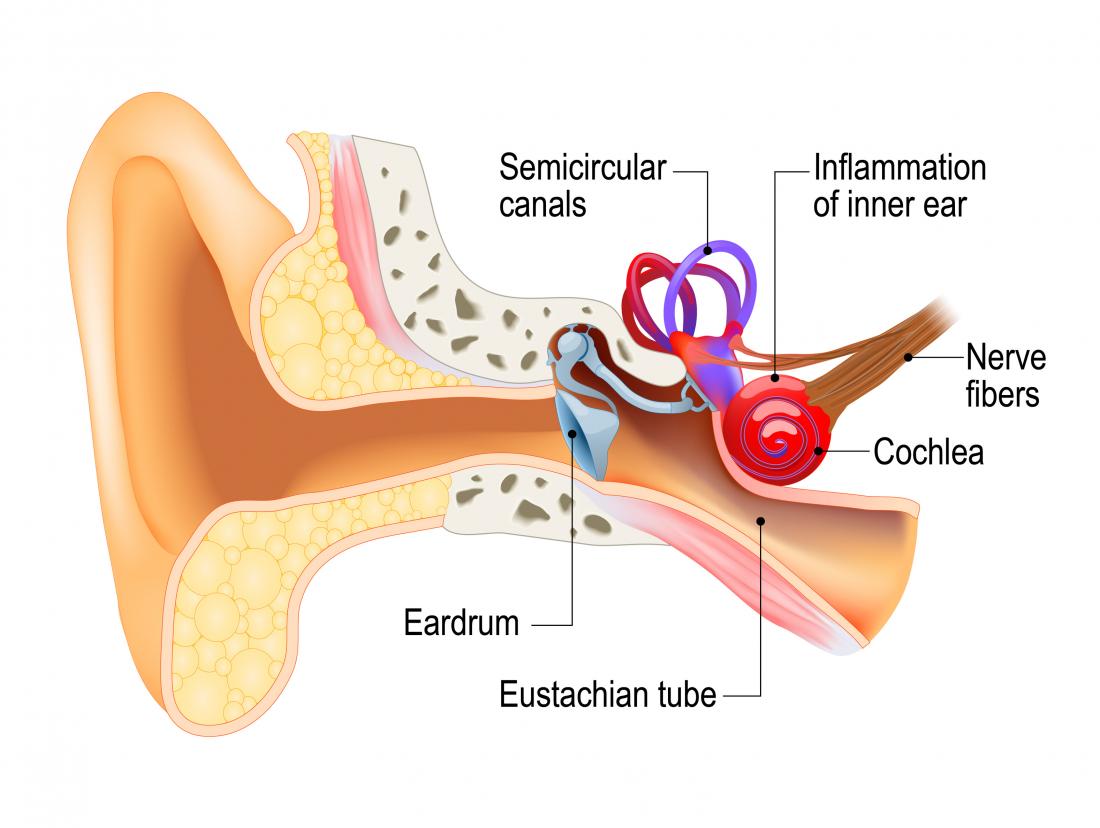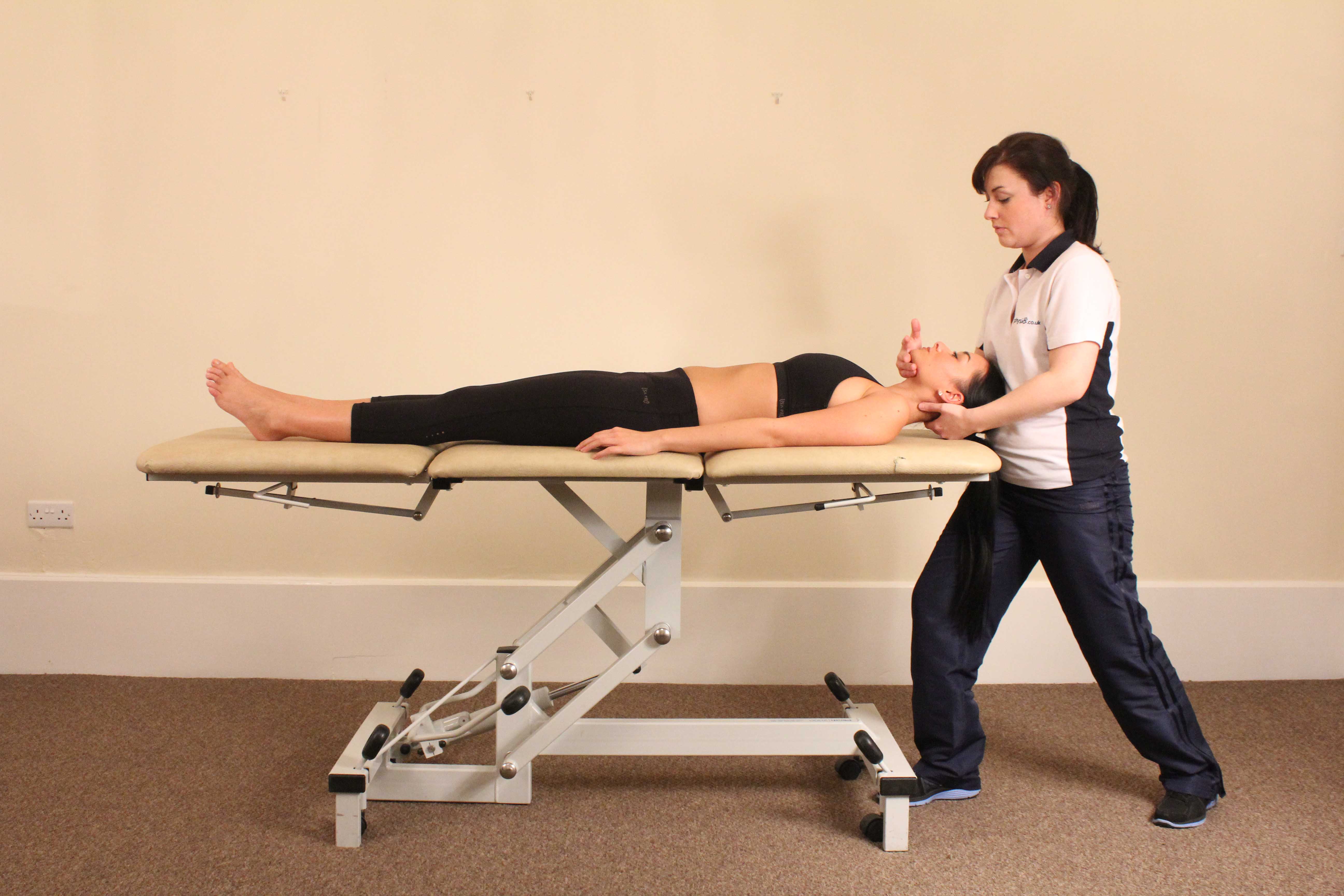Labyrinthitis treatment-various-aspects
Labyrinthitis treatment mainly aims to alleviate symptoms and tackle the root cause, whether it’s a viral or bacterial infection. Drugs, including antivirals or antibiotics, are utilized to combat the infection, while corticosteroids can help decrease inflammation. Additional medications such as antiemetics and antihistamines might be recommended to control nausea, vomiting, and dizziness. Vestibular rehabilitation exercises, a form of physical therapy, can assist the brain in adjusting to the vestibular imbalance and enhance balance.
Here’s a more detailed breakdown:


If any patient of ENT requires any surgery, opd consultation or online consultation in clinic of ENT specialist Doctor Dr Sagar Rajkuwar ,he may contact him at the following address-
Prabha ENT clinic, plot no 345,Saigram colony, opposite Indoline furniture Ambad link road, Ambad ,1 km from Pathardi phata Nashik ,422010, Maharashtra, India-Dr Sagar Rajkuwar (MS-ENT), Cell no- 7387590194 , 9892596635
Issued in public interest by –
How is labyrinthitis treated?
The treatment for labyrinthitis depends on how severe your condition is. Healthcare providers may suggest medications, physical therapy, home remedies, or a mix of these options. In extremely rare instances, surgery may be necessary for labyrinthitis.
Medications
Typical medications for labyrinthitis include:
- Antivirals (if a virus is the cause).
- Antibiotics (if a bacterium is the cause).
- Corticosteroids to minimize nerve inflammation.
- Medications to alleviate dizziness and nausea (such as diphenhydramine or fexofenadine).
Physical therapy


If your symptoms do not improve within a few weeks, your healthcare provider will likely suggest vestibular rehabilitation therapy for labyrinthitis. This involves performing specific exercises to help manage dizziness and imbalance.
Home remedies


You can also consider home remedies to relieve labyrinthitis symptoms:
- Place a warm compress on your ear.
- Gargle with warm salt water to aid in clearing your eustachian tube (a small passage that links your throat and middle ear).
- Limit your alcohol consumption.
- Practice stress management strategies, such as mindfulness or meditation.
- During an episode, refrain from sudden movements. It is advisable to lie still and minimize motion and bright lights.
Surgery
In very rare situations, a labyrinthectomy may be necessary. This surgical procedure involves the removal of your vestibular end organs (the thin, membrane-like structures in your inner ear).
Providers do not frequently recommend surgery for labyrinthitis. It is considered a last-resort treatment for individuals experiencing vertigo and substantial hearing loss in the affected ear.
For update on further important health related topics and frequently asked questions on health topics by general population please click on the link given below to join our WhatsApp group –
https://chat.whatsapp.com/Lv3NbcguOBS5ow6X9DpMMA
Issued in public interest by –
Labyrinthitis treatment


1. Addressing the Underlying Cause:
Viral Labyrinthitis: Antiviral medications might be prescribed to address the viral infection.
Bacterial Labyrinthitis: Antibiotics are utilized to fight the bacterial infection.
Inflammation: Corticosteroids can aid in reducing inflammation in the inner ear.
2. Symptom Management:
Nausea and Vomiting: Antiemetics, like prochlorperazine, can assist in controlling nausea and vomiting.
Vertigo and Dizziness: Antihistamines and benzodiazepines, such as meclizine or diazepam, can help manage vertigo and dizziness.
Sudden Hearing Loss: Corticosteroids may be prescribed, and referral to a specialist is advised for sudden hearing loss.
3. Vestibular Rehabilitation:
Physical Therapy:
If symptoms continue, vestibular rehabilitation exercises, a type of physical therapy, can aid the brain in retraining to compensate for the imbalance in the vestibular system.
Exercises:
These exercises may consist of head and eye movements, balance exercises, and gait training.
4. Other Considerations:
Home Remedies:
Applying a warm compress, gargling with warm salt water, and reducing alcohol intake can offer symptomatic relief.
Stress Management:
Techniques such as mindfulness and meditation can assist in managing stress, which might worsen labyrinthitis symptoms.
Surgical Intervention:
In rare situations, surgery may be required, as seen in cases of cholesteatoma or severe mastoiditis.
5. Important Notes:
Short-Term Medication:
Medications like antihistamines and benzodiazepines should be utilized for brief durations only, as prolonged use can hinder vestibular compensation.
Seek Professional Advice:
If you encounter symptoms of labyrinthitis, it’s essential to seek professional medical advice for accurate diagnosis and treatment.
The labyrinth, a component of the inner ear in charge of balance and hearing, is where labyrinthitis occurs. Symptoms of this inflammation might include vertigo (a spinning sensation), dizziness, nausea, vomiting, and hearing loss or tinnitus (ringing in the ears). It’s most often brought on by a viral or bacterial illness, but it may also be brought on by autoimmune diseases or even some drugs.
Some of the most important features of labyrinthitis are:
Inner Ear Involvement:
The labyrinth, a complicated structure inside the inner ear that houses the cochlea (which is responsible for hearing) and the vestibular system (which is responsible for balance), is particularly affected by labyrinthitis.
Symptoms:
Dizziness, which is frequently accompanied by vomiting, nausea, and balance difficulties, is the most typical symptom. It is possible that you may experience tinnitus and hearing loss.
Causes:
The most typical cause of viral illnesses is those that induce the flu or the common cold. Autoimmune diseases or bacterial infections are sometimes to blame.
Therapy:
The therapy aims to treat the underlying cause while also controlling the symptoms. This might involve antibiotics for bacterial illnesses, corticosteroids in certain cases, and drugs to manage dizziness and nausea. Physical therapy may be beneficial in addressing balance problems in certain circumstances.
Time:
The duration of labyrinthitis can range from a few days to many weeks. If symptoms are not treated right away, they may last longer or even result in long-term balance or hearing issues.
Key factors:
Get Medical Advice:
If you have symptoms of labyrinthitis, especially if they are severe or persistent, or if you experience any changes in your vision, severe headache, or ear discomfort, you should see a doctor right away.
Vestibular Neuritis Differentiation:
Another illness affecting the inner ear that can also result in vertigo is vestibular neuritis, which is occasionally misdiagnosed as labyrinthitis. In contrast, labyrinthitis involves inflammation of the entire labyrinth, while vestibular neuritis primarily affects the vestibular nerve.
Possible difficulties:
If left untreated, labyrinthitis, which is often not dangerous, can result in hearing loss or long-term balance issues.
The consequences of labyrinthitis
Untreated, labyrinthitis is often not dangerous. If labyrinthitis is not treated properly, it can result in hearing loss, an increased risk of falling, and irreversible harm to the inner ear.
Permanent hearing loss is a frequent side effect among youngsters who get labyrinthitis as a result of meningitis. A cochlear implant might be able to restore hearing in situations like this.
What procedures are used to diagnose labyrinthitis?
Your healthcare practitioner will conduct a physical examination and inquire about your medical history and symptoms. Additionally, they could request tests to evaluate your hearing, balance, and other neurological system functions.
Which tests will be performed to determine labyrinthitis?
Because other disorders share the same symptoms as labyrinthitis (such as vestibular neuritis or BPPV), your doctor will need to rule them out. They could accomplish this by conducting some tests, such as:
- Electrocardiogram (ECG).
- Magnetic resonance imaging (MRI).
- Vestibular examinations.
The duration of labyrinthitis is unknown.
For each person, the symptoms of labyrinthitis and how they react to therapy might differ. What works well for one individual might not be as effective for you. It may take six weeks to recover from labyrinthitis. However, after a week or two, several individuals feel better.
Ask your doctor when it’s safe to return to work or school if you’re having balance problems or vertigo.
Is labyrinthitis preventable?
Since labyrinthitis is typically a sign of other diseases, the best way to prevent it is to practice proper hygiene, especially throughout the cold and flu season.
When ought I make an appointment with my doctor?
Call your doctor immediately if you experience nausea, vertigo, or balance problems. They may assist you in identifying the reason for your symptoms and develop a tailored course of treatment.
Issued in public interest by –





